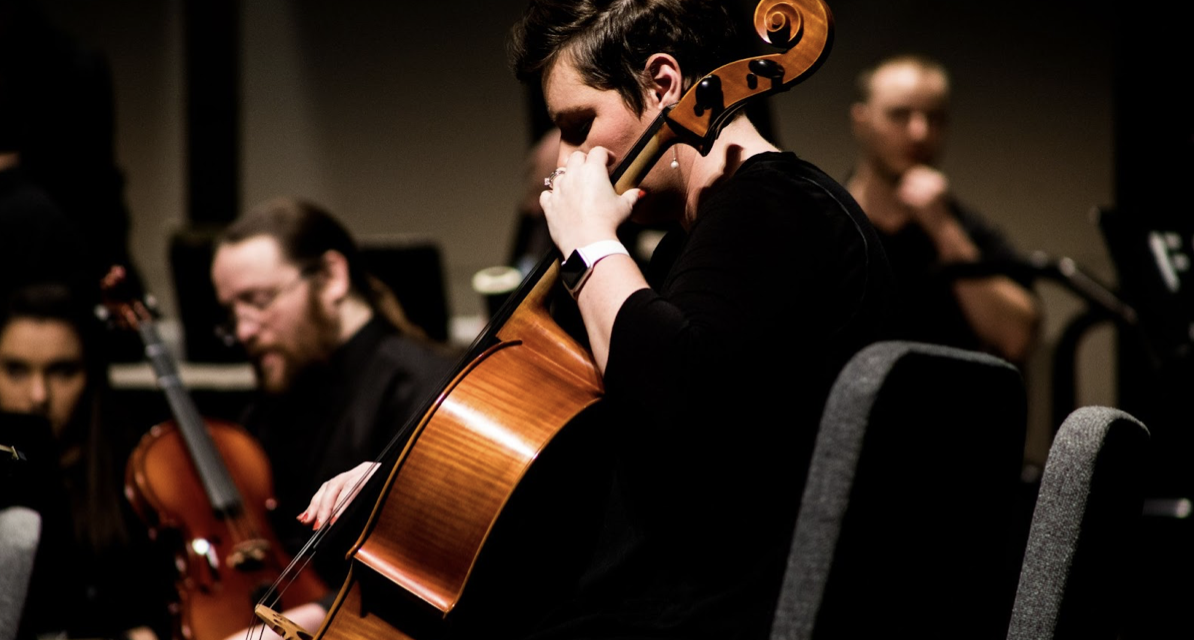Music students in some American schools get to start their careers early if they are interested in learning musical instruments that they can take to advanced levels later in life.
We do not discuss the importance of musical ensembles in schools and universities enough as it is not always regarded in the same light as some of the most respected subjects in most schools. Public schools have to sacrifice music most of the time to accommodate other things in their budgets, so this subject only gets the attention it deserves when students learn it as the main course or privately. That mainly starts at college and university, but wouldn’t it be better if the lower educational institutions were funded well enough to teach it fully?
Why is it Important for Schools to Have Musical Ensembles?
Ensembles are essential in the development of student talents in these ways:
Teamwork and Harmony
Most music students understand the importance of harmony since you cannot produce the best sounds alone and without playing your part in the team. When you play in a band, you realize the importance of practice, and so you may have to search ‘pay someone to do my assignment’ online to free up the time for lessons. When you have to do assignment, prepare for exams, play your musical instrument, and still make time to hang out with friends, you stretch yourself too thin, and it helps to outsource what you can.
When you create the time for practice, you can easily participate in your practical lessons and be part of a team. The lessons here go beyond school as you will be called upon to belong in teams at workplaces later in life.
Building Confidence
If you have been practicing alone and are now called upon to join a group of fellow musicians, you will have to play for a larger audience than you ever have. This working together to create harmonious music builds one’s talent as you know the rest count on you to bring your best. You even get to appreciate your skills more when you are part of an ensemble.
Experimental Education
Playing an instrument as a private student can only teach you so much, especially about how you can blend your ‘voice’ in with others. When you listen to the pitch and harmony that comes when various instruments produce music together, you will better appreciate what you can achieve with your skills. Ensembles lead to personal growth.
Various Music Ensembles
Concert Band
It goes by many names: wind ensemble, wind orchestra, wind symphony, symphonic band, or wind band. You will find woodwind, brass, and percussion instruments here so that none is stringed, unless in a few instances where you have the string bass or harp.
Pit Orchestra (Winds/Strings)
They get their name because they perform backstage, and most of the members could be playing several instruments to cover all the roles. This group is usually small but produces phenomenal sounds.
Jazz Band
You will find all types of instruments in bands, but the main ones are trumpets, piano, trombones, bass, saxophones, clarinet, guitar, percussion, and vocals. Bands are typically quite small.
Marching Band (Winds)
They typically play at football matches, parades, and community events, and they awe attendants for their ability to march as they play harmoniously. They differ from Pep Bands which play at basketball games most of the time. This group plays indoors, does not march, and can be smaller than a marching band. Similarity: they both play Winds.
How do they differ from one another? The first is always the instrument involved. They are different in almost every ensemble, and the second is in their sizes. Some groupings are bigger than others, and you will notice their dominance during a performance. The most important lesson when you hear them all play is the power in a performance when they are all played together harmoniously.
Conclusion
None of these ensembles is more important than the other if you ask us. They are all unique and bring something beautiful to the table. Some students know they are meant to play music right off the bat, but others need a little prodding. If you are a teacher at a school that offers music classes and you think a student could benefit from taking the subject, it doesn’t hurt to nudge them in the right direction.













